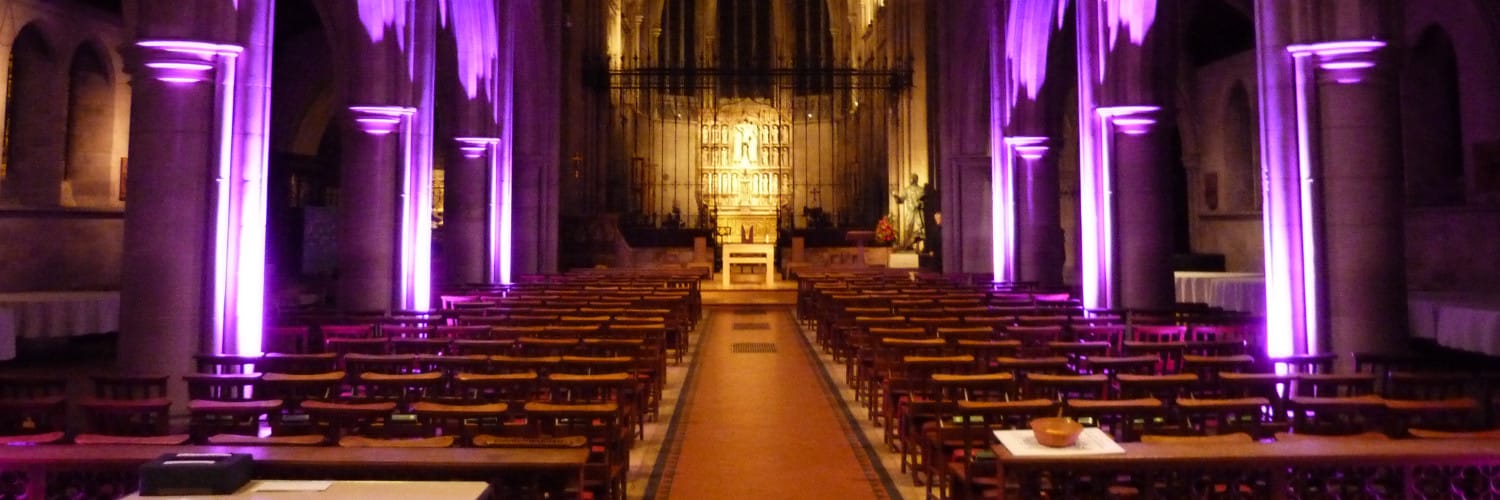

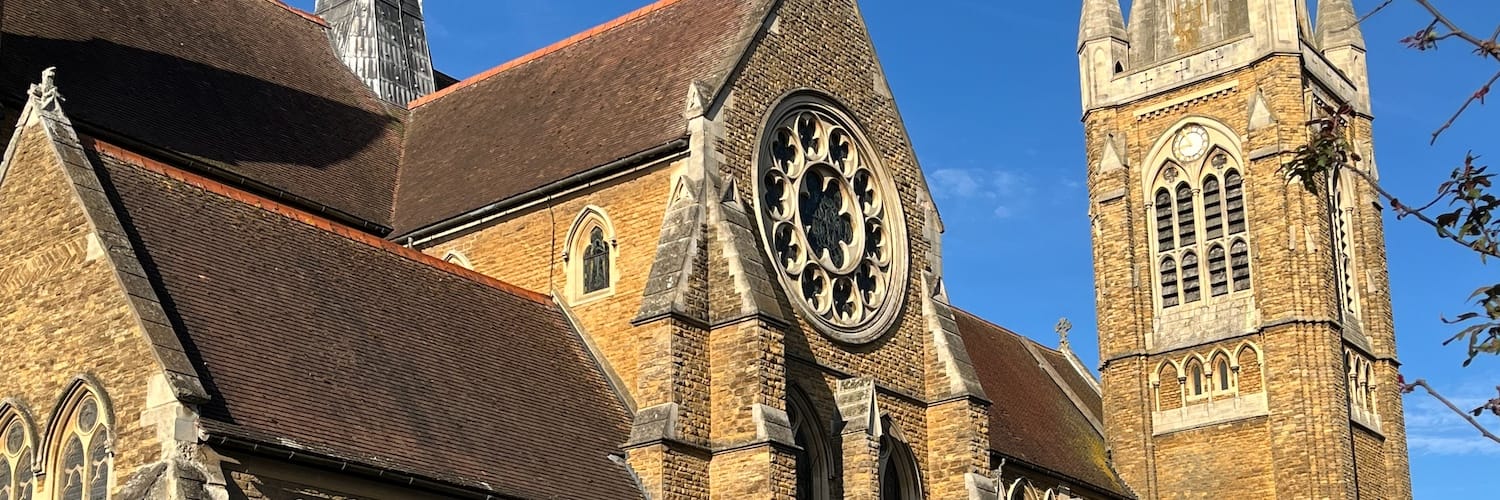
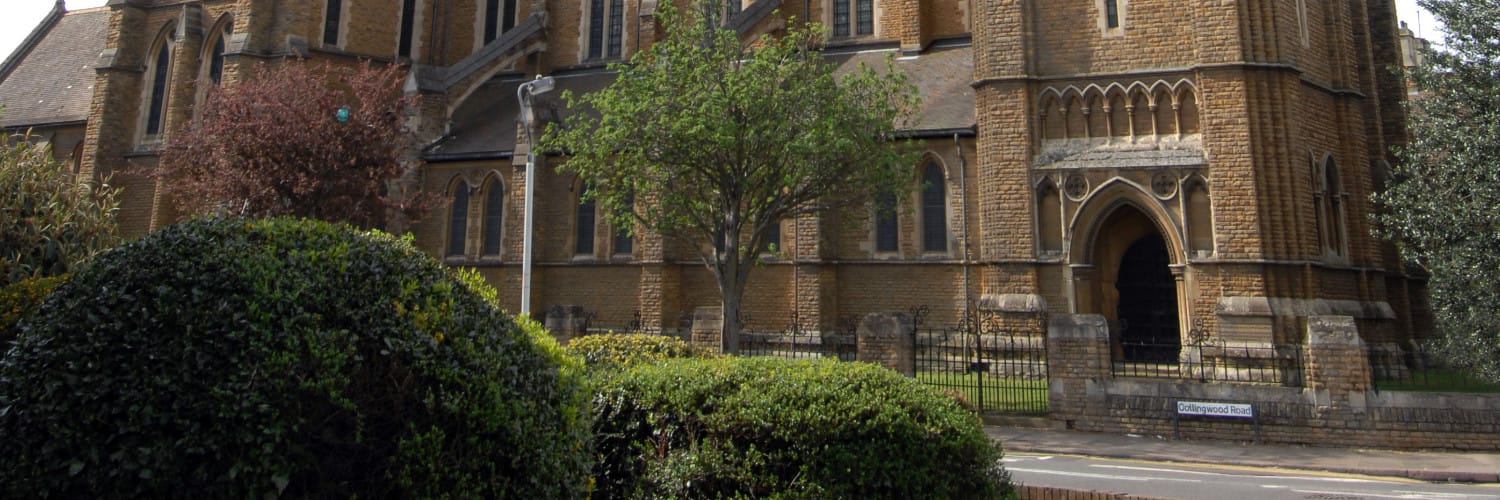
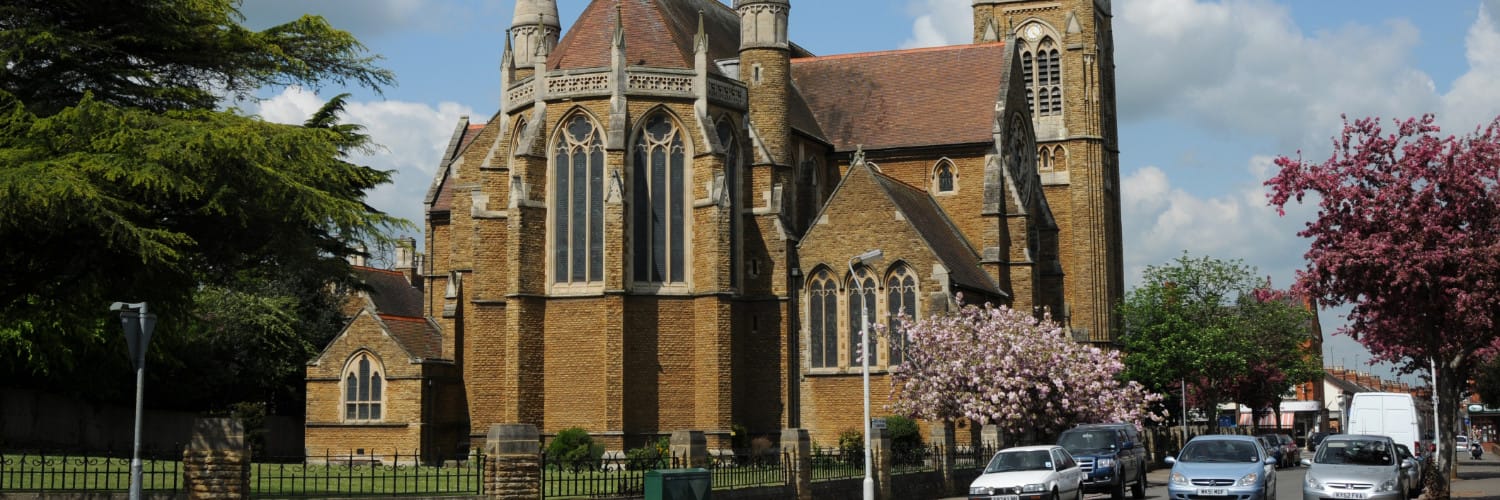
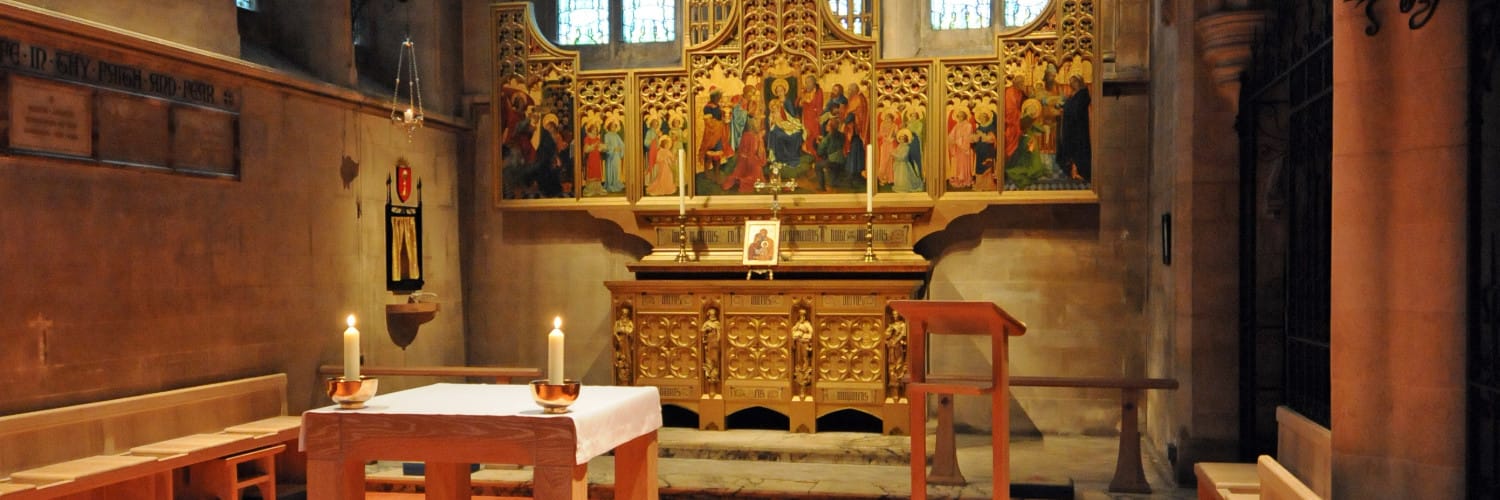
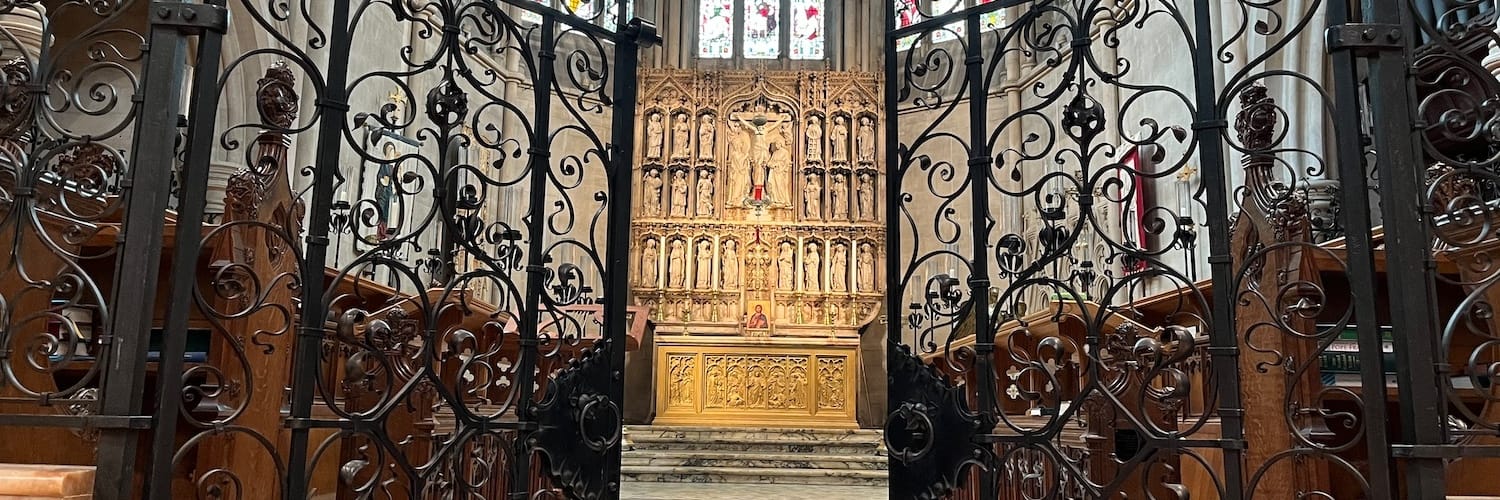
Information & Visiting - Who is St Matthew?
Saint Matthew, Apostle
Feast-day 21 September
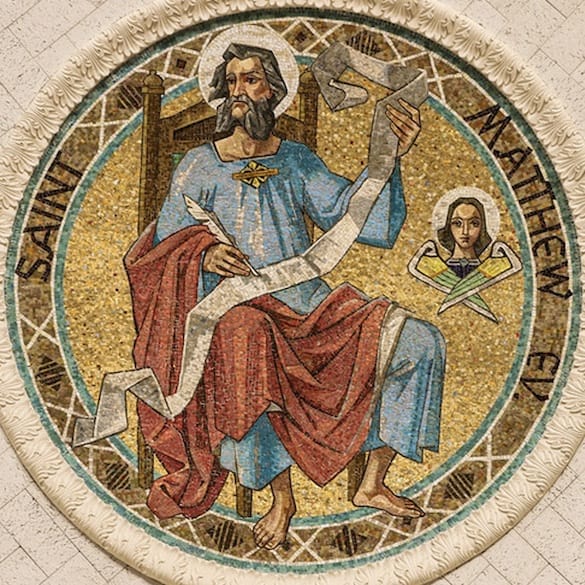
St Matthew, also known as Levi in the Gospels of Mark and Luke, is assumed to be one and the same person. He is our titular saint. In him we
remember the call we each share to be disciples of Christ, and resolve to leave behind us all that inhibits our following him with committed
faithfulness.
Matthew, meaning 'gift of God', was the tax-collector who was called by Jesus from his desk at the frontier town of Capernaum. He was the son
of Alpheus, and he was likely born in Galilee. Matthew is named in the New Testament as one of the twelve apostles of Jesus, and was, by
tradition, the author of the gospel written under his name, a claim now rejected by most biblical scholars.
This occupation was despised by his fellow Jews as a betrayal to the occupying Roman force, but Christ showed that judging by outward appearance
was not what he was about. He ate with Matthew and with his friends, scandalizing those around him. Matthew followed at his call, and this was
enough for Jesus, for he had drawn someone back to God. He was forgiven; therefore he was acceptable, therefore he was received.
The great contribution of Matthew to the total picture of Jesus in the Gospels is his careful record of the teaching of Jesus about the
principles upon which life is to be lived under the rule of God. This teaching is carefully grouped into five discourses or 'sermons', which
portray Jesus as the messianic teacher of the kingdom of God. The book, written in Aramaic, is an account which sets out to convince the
author's contemporaries that Jesus was the Messiah and that his kingdom had been fulfilled in a spiritual way. It was an important message
at a time when almost everyone was expecting the return of a militant messiah brandishing a sword.
The New Testament records that Matthew was one of the witnesses of the Ascension of Jesus. Later Church fathers such as Irenaeus and St
Clement of Alexandria claim that Matthew preached the Gospel to the Jewish community in Judea, before going to other countries. It is thought
he departed for other lands to escape persecution sometime after 42 AD. According to various legends he fled to Parthia and Persia, or Ethiopia.
We do not know how Matthew died, if his death was natural, or if he was martyred.
Obtain for us the grace to see Jesus living in his Church and to follow his teachings in our lives on earth so that we may live for ever with him in heaven.
Information Quick Links
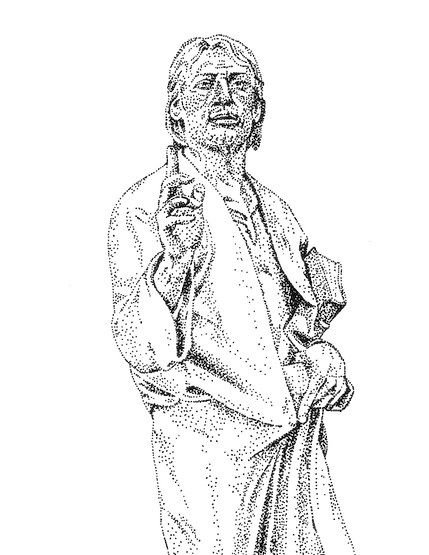


Join our Mailing List
To receive our email newsletter regarding the latest news and upcoming events at St Matthew's, kindly provide us with your name and email address below. By opting in and subscribing, you'll stay informed about our community, special services, insightful articles, and other valuable content.
Connect with us
Please show your support by following and subscribing to our church and choir social media channels, where you can find inspiring content, updates on our events and services, live streamed services, and uplifting messages.







